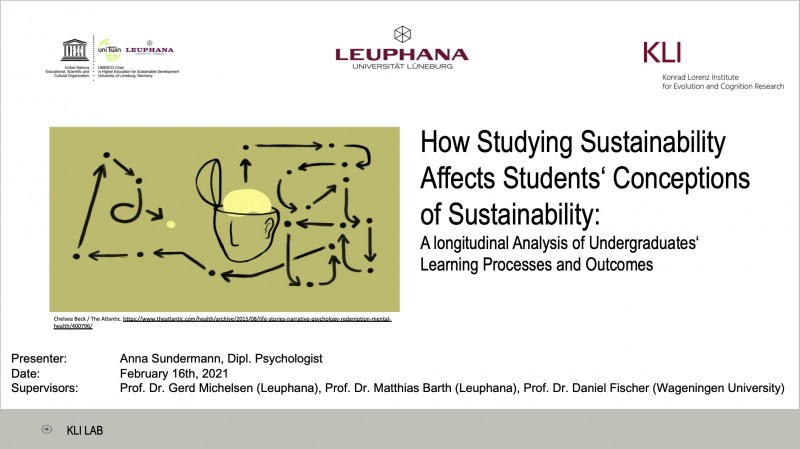KLI Colloquia are invited research talks of about an hour followed by 30 min discussion. The talks are held in English, open to the public, and offered in hybrid format.
Fall-Winter 2025-2026 KLI Colloquium Series
Join Zoom Meeting
https://us02web.zoom.us/j/5881861923?omn=85945744831
Meeting ID: 588 186 1923
25 Sept 2025 (Thurs) 3-4:30 PM CET
A Dynamic Canvas Model of Butterfly and Moth Color Patterns
Richard Gawne (Nevada State Museum)
14 Oct 2025 (Tues) 3-4:30 PM CET
Vienna, the Laboratory of Modernity
Richard Cockett (The Economist)
23 Oct 2025 (Thurs) 3-4:30 PM CET
How Darwinian is Darwinian Enough? The Case of Evolution and the Origins of Life
Ludo Schoenmakers (KLI)
6 Nov (Thurs) 3-4:30 PM CET
Common Knowledge Considered as Cause and Effect of Behavioral Modernity
Ronald Planer (University of Wollongong)
20 Nov (Thurs) 3-4:30 PM CET
Rates of Evolution, Time Scaling, and the Decoupling of Micro- and Macroevolution
Thomas Hansen (University of Oslo)
RESCHEDULED: 18 Dec (Thurs) 3-4:30 PM CET
Chance, Necessity, and the Evolution of Evolvability
Cristina Villegas (KLI)
8 Jan 2026 (Thurs) 3-4:30 PM CET
Embodied Rationality: Normative and Evolutionary Foundations
Enrico Petracca (KLI)
15 Jan 2026 (Thurs) 3-4:30 PM CET
On Experimental Models of Developmental Plasticity and Evolutionary Novelty
Patricia Beldade (Lisbon University)
29 Jan 2026 (Thurs) 3-4:30 PM CET
Jan Baedke (Ruhr University Bochum)
Event Details

Abstract
Learning outcomes in higher education for sustainable development (HESD) have become a major focus in recent years. One of the key learning outcomes are students’ sustainability conceptions which enable individuals to assess a problem from multiple sustainability perspectives in order to deal with complex sustainability issues in their future professional fields. Universities, however, seem to fall short in sufficiently equipping students with more elaborated sustainability conceptions. One reason is probably that none of the existing frameworks links sustainability conceptions to the influencing factors on all levels of higher education over the course of the studies. If universities want to monitor learning processes in their students’ sustainability conceptions, they should consider all internal and external conditions influencing the learning process in the higher education system. Thus, further research efforts need to be pursued regarding the operationalization of learning outcomes. Therefore, this qualitative research synthesis study proposes a process-oriented framework of internal and external factors that influence students’ sustainability conceptions. Hence, this paper contributes to the literature in HESD by moving away from a focus on individual students or cross-sectional course evaluations towards an understanding of what shapes students’ sustainability conceptions over time. Although exploratory, the framework is intended to be used as a general scheme of how to operationalize learning processes for the design of curricula, courses or monitoring in HESD.


